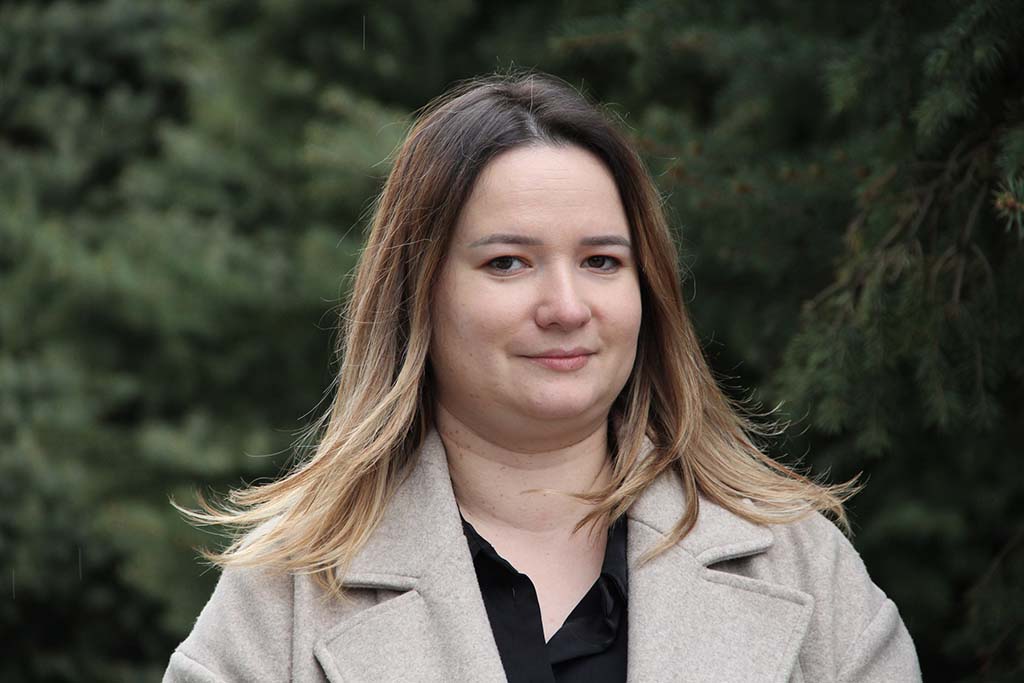Highlighting women’s peace work in Kosovo
In conflict-affected Kosovo, women’s rights organisations have historically stayed united and achieved important victories for equality. Dafina Prekazi and her colleagues are amongst those working to raise awareness of the movement’s crucial role in peacebuilding and promote gender equality.

In the shadow of the wars in former Yugoslavia, Kosovo declared independence from Serbia. As the move remains unrecognised by Serbia, Kosovo has been in limbo and struggles with ethnic tensions. Amidst this uncertainty, the women’s movement has stayed united and achieved important victories, including reparations for victims and survivors of wartime sexual violence. It has also been one of the few actors successful in crossing ethnic lines to engage in dialogue for peace.
Today, the country’s women’s movement includes organisations such as the Pristina-based Kosovo Gender Studies Center (KGSC)—one of The Kvinna till Kvinna Foundation’s partner organisations. Here, programme manager Dafina Prekazi and her colleagues work to promote gender equality in Kosovo and to bridge the gap between grassroot movements and decision-makers.
Lack of implementation and resources
Since its independence, Kosovo has made efforts to promote gender equality. Still, Dafina says, much work remains—especially when it comes to fighting gender-based violence.
”Violence against women is increasing despite the fact that we got a law in 2019 that makes this a special crime. We are one of the few countries in the Balkans that has such legislation in place and it is only thanks to women’s rights organisations fighting for it! But during the pandemic and now also afterwards, we see an increase in the number of cases,” says Dafina. ”[W]e don’t know if there are actually more victims or if women report more often.”
The lack of implementation of laws and policies on gender equality is one of the biggest obstacles in achieving full gender equality in Kosovo, says Dafina—combined with a lack of resources for women’s rights organisations such as KGSC. For them, more financial means would provide an opportunity to expand their reach and work:
“We want to become even more accessible to young feminists and be able to arrange more safe meeting places for women. Populism and right-wing radicalisation are currently increasing in Kosovo, and therefore it is increasingly difficult to be able to meet in a safe way,” says Dafina.
“Women are not seen at all”
In addition to trying to influence decision-makers in Kosovo to care more about gender equality and be a knowledge centre for feminists, it is an important task for KGSC to document what the women’s movement has done in the country—above all for the peace work after the wars in the 90s. According to Dafina, this history has been erased from the political and collective memory of Kosovo.
”If you google, you will only see that men contributed to peace in Kosovo. The women are not seen at all. We highlight what they contributed, it is important to the story,” she says.
“Younger generations do not know this. They must learn about the sacrifices of women and all they did for the peace work in Kosovo. We must all learn from this for future conflicts and when peace is to be built again.”